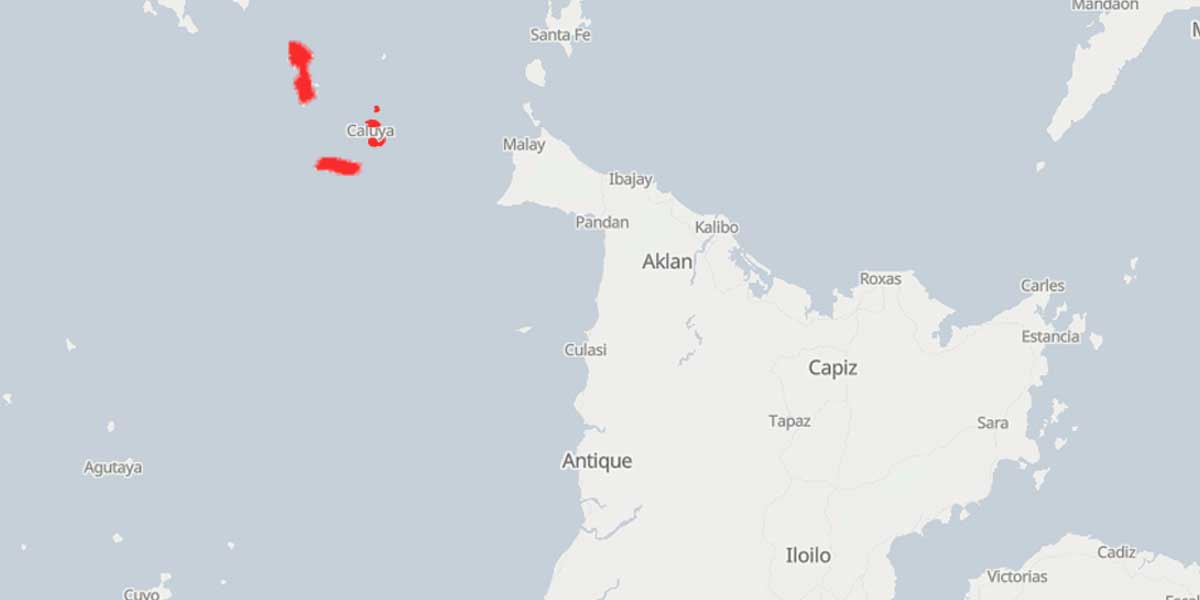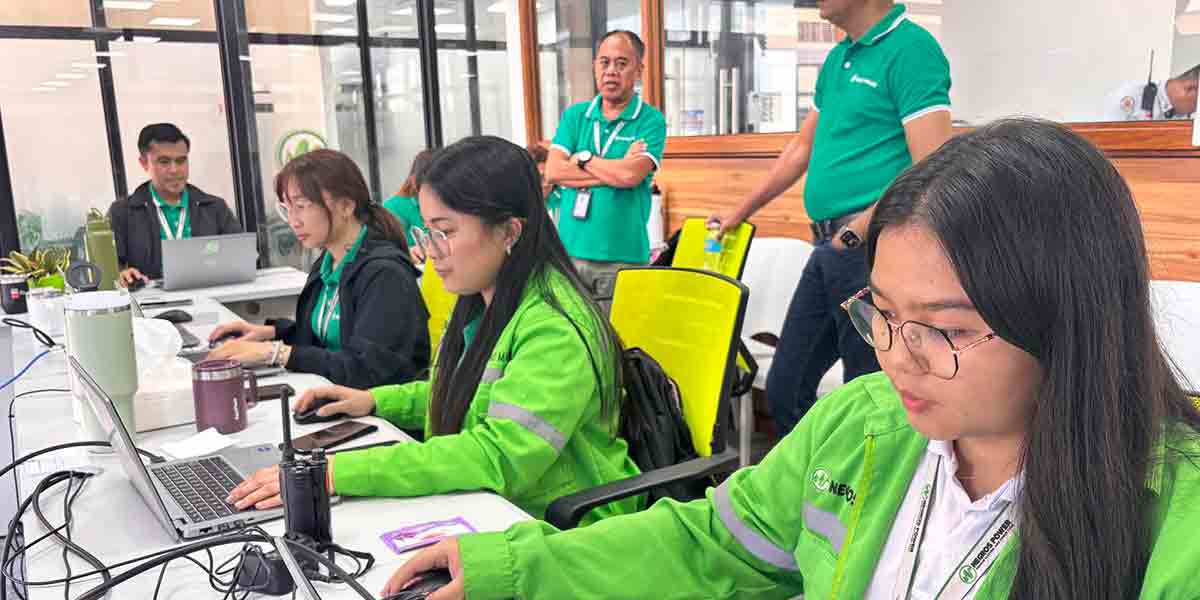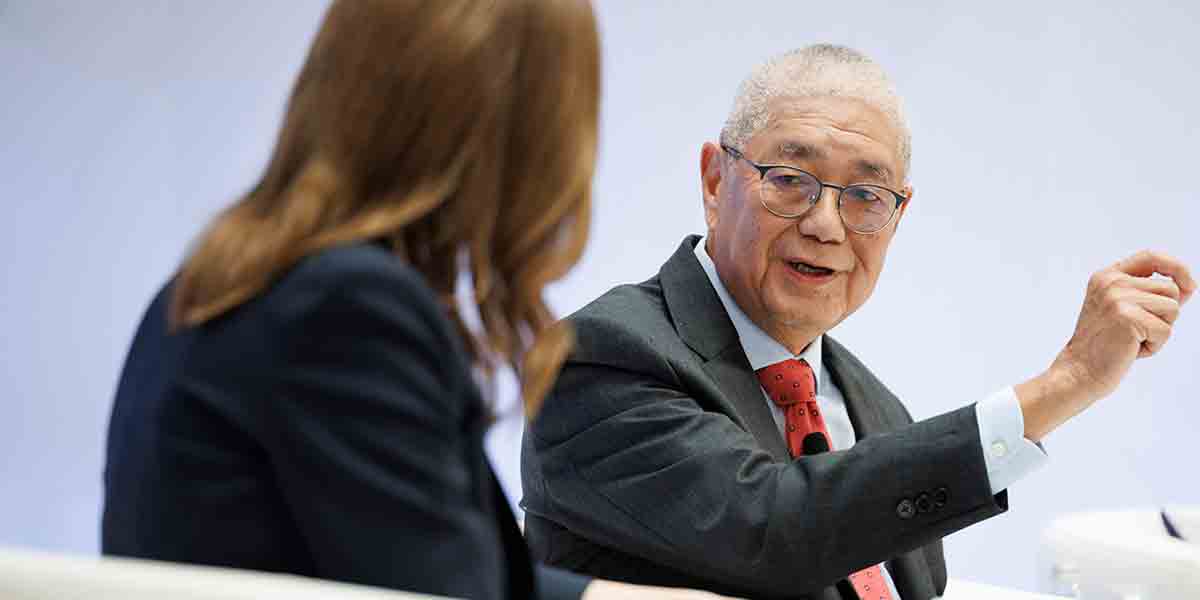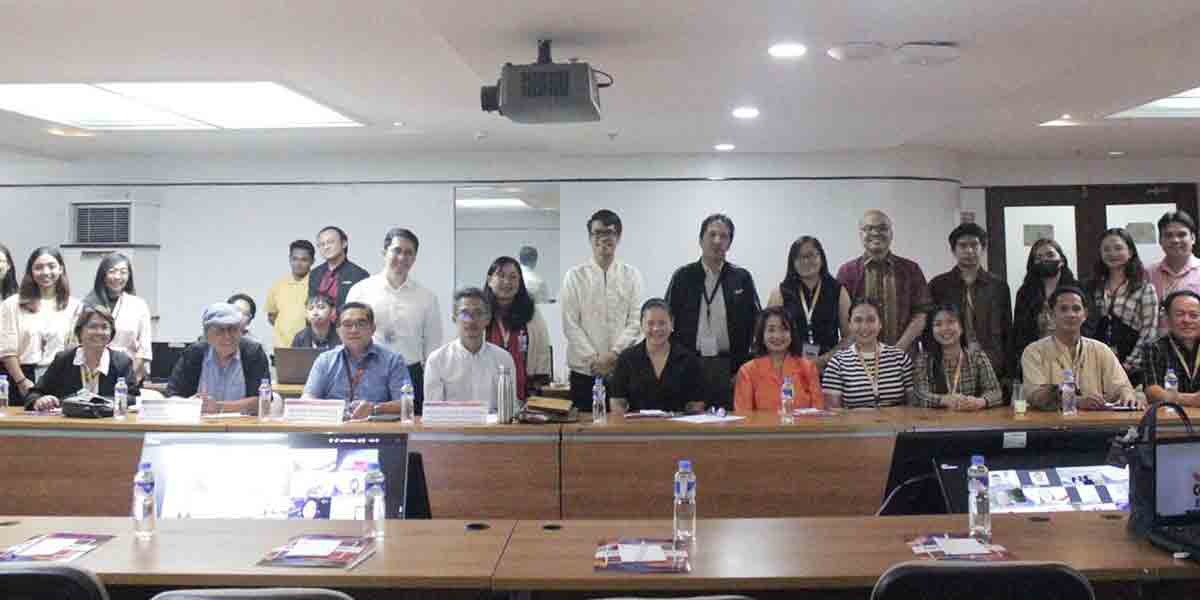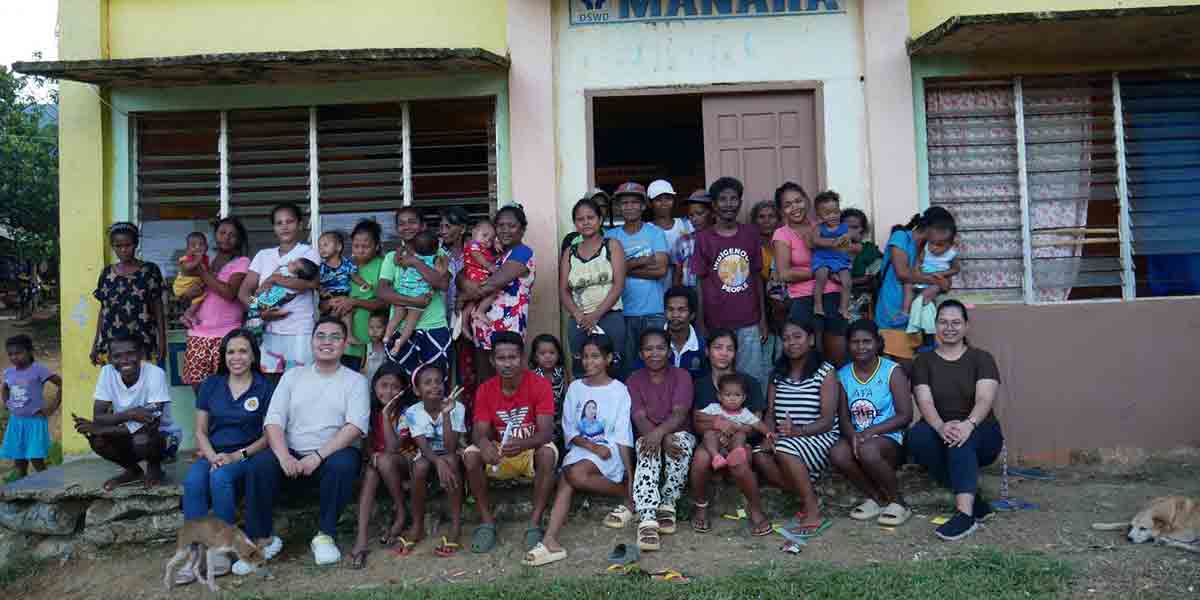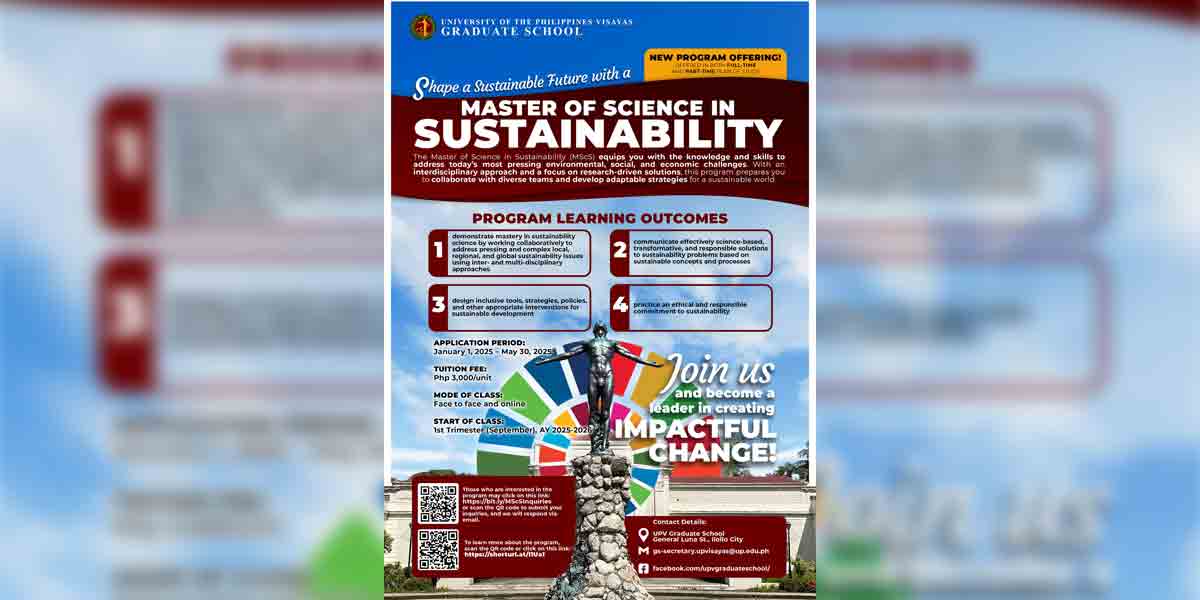Finance Secretary Ralph G. Recto expressed optimism about the Philippines’ economic outlook for 2025, citing two newly enacted laws aimed at boosting tourism and strengthening food security.
President Ferdinand R. Marcos Jr. signed Republic Act (RA) No. 12079, the Value-Added Tax (VAT) Refund Mechanism for Non-Resident Tourists Act, and RA No. 12078, amending the Agricultural Tariffication Act, into law on December 9, 2024.
“These reforms are vital to creating a stronger, more resilient economy,” Recto said. “By stimulating tourism and ensuring food security, we are laying the groundwork for sustainable growth.”
VAT Refund for Tourists
RA 12079 positions the Philippines alongside countries with VAT refund systems, allowing foreign tourists to claim refunds on purchases made in accredited stores. The goods must be taken out of the country within 60 days of purchase, with a minimum transaction amount of PHP 3,000.
“It is high time that the Philippines catches up with countries around the world that have long implemented a standard VAT refund system,” Recto said. “This strategic initiative aims to encourage foreign tourists to spend more in our country, stimulating our domestic economy.”
The Department of Finance (DOF) estimates the initiative could increase economic output by PHP 2.8 billion to PHP 4.0 billion annually. Refunds can be processed electronically or in cash, with the government enlisting internationally recognized VAT refund operators to manage the system.
The law’s foregone revenues are expected to be offset by increased tourism spending, creating jobs and accelerating growth.
Strengthening Food Security
RA 12078 introduces measures to stabilize rice prices and protect consumers. It enhances the Department of Agriculture’s (DA) regulatory functions, including monitoring warehouses and rice trade, and authorizes interventions during supply shortages or price spikes.
“The refinements to the Rice Tariffication Law are essential for the effective management of the Filipino household’s fundamental staple,” Recto said. “Dahil dito, makakasiguro ang bawat Pilipino na may sapat at murang bigas sa bansa.”
The Rice Competitiveness Enhancement Fund (RCEF) will receive an annual PHP 30 billion appropriation until 2031, funding initiatives like composting facilities, solar-powered irrigation, and pest management programs to improve farmers’ competitiveness.
Economic Impact and Next Steps
Both laws are seen as transformative for key sectors. The VAT refund system is expected to bolster the Philippines’ appeal to international tourists, while the rice sector reforms address long-standing issues in agriculture.
The DOF will draft the implementing rules for the VAT refund within 90 days in consultation with other government agencies. Similarly, the DA will collaborate with partner institutions to operationalize the rice reforms.
“These are decisive steps toward a stronger economy,” Recto said. “By focusing on tourism and agriculture, we are creating opportunities for growth and stability in 2025 and beyond.”



